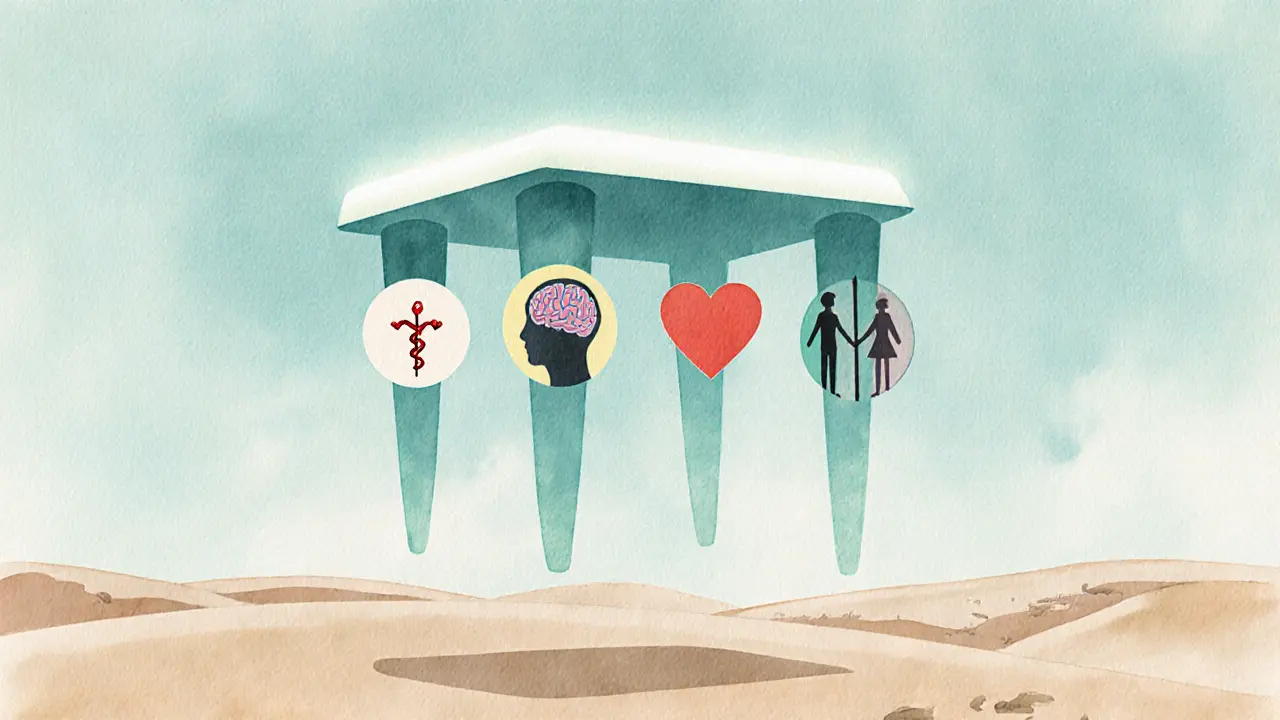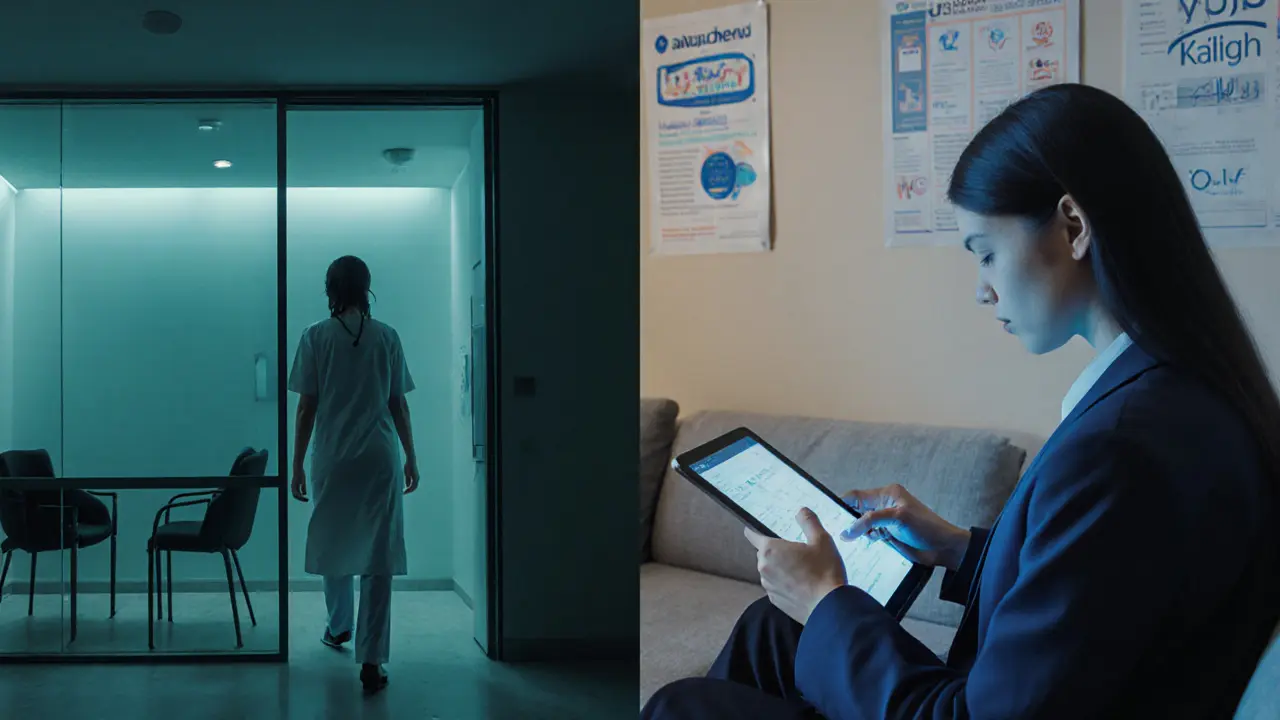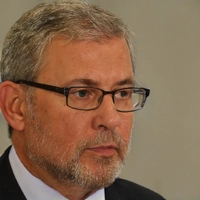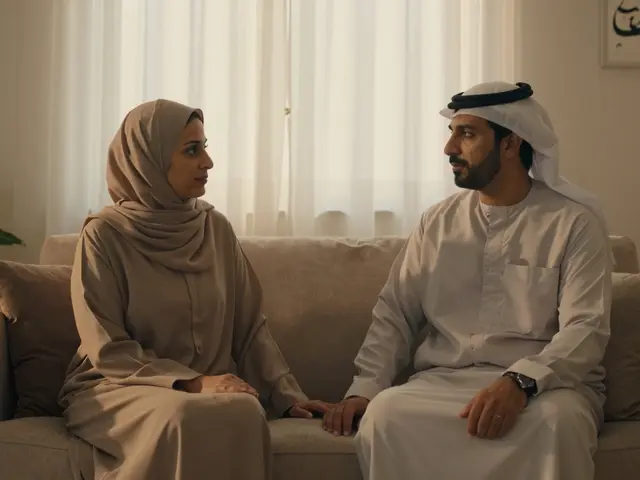Ever wondered why conversations about sexual health Dubai are popping up in cafés, clinics, and online forums? The city’s rapid growth has sparked a fresh look at how people keep their intimate lives safe and satisfying. Below we break down what sexual health really means, why it’s a hot topic in Dubai, and how you can stay on top of it without getting tangled in cultural taboos.
What is Sexual Health?
Sexual health is a state of physical, emotional, mental, and social well‑being in relation to sexuality. It goes beyond the absence of disease or dysfunction and includes a positive, respectful approach to sexual relationships, as well as the possibility of having pleasurable and safe experiences. The World Health Organization’s definition reminds us that consent, safety, and enjoyment are all part of the picture.
Why Dubai’s Landscape Calls for a Fresh Look
Dubai has evolved from a desert trading post into a global hub for business, tourism, and culture. This rapid transformation brings together people from every corner of the world, each carrying their own attitudes toward intimacy. The mix of expatriates, tourists, and locals creates a unique demand for reliable sexual health information and services.
Three forces make sexual health especially relevant here:
- Population diversity: Over 80 % of residents are expatriates, meaning many arrive with different expectations about sexual education and care.
- Legal framework: The United Arab Emirates (UAE) enforces strict family and privacy laws that affect how services are delivered.
- Healthcare investment: Dubai’s Ministry of Health has launched several public campaigns aimed at reducing sexually transmitted infections (STIs) and promoting safe practices.
Key Pillars of Sexual Wellness
Think of sexual wellness as a four‑legged stool. If one leg is missing, the whole thing feels shaky.
- Physical health: Regular STI screenings, vaccinations (like HPV), and access to contraception.
- Mental health: Managing stress, anxiety, or body‑image concerns that can affect desire.
- Emotional intimacy: Open communication with partners about boundaries, preferences, and consent.
- Social environment: Cultural attitudes, legal protections, and community support that either enable or hinder healthy sexual expression.

Getting the Right Care in Dubai
Dubai offers both public and private routes to sexual health services. Knowing the differences helps you pick what fits your budget and privacy needs.
| Aspect | Public Clinics | Private Centers |
|---|---|---|
| Cost | Covered partially by health insurance; low out‑of‑pocket fees. | Higher fees; often bundled with premium packages. |
| Confidentiality | Standard privacy protocols; may involve longer intake forms. | Dedicated private rooms and discreet appointment handling. |
| Waiting time | Typically 2‑4 weeks for specialist appointments. | Same‑day or next‑day slots available. |
| Specialist access | General practitioners refer to specialists within the public network. | Direct booking with urologists, gynecologists, or sexual health counselors. |
Public clinics like the Dubai Health Authority’s (DHA) primary care centers provide routine STI testing and basic counseling. Private clinics-such as American Hospital Dubai’s Sexual Health Unit or Aster Clinics-offer a broader suite of services, including hormone therapy and advanced fertility assessments.
Legal Landscape: What You Need to Know
Family law in the UAE governs marriage, divorce, and sexual conduct. While consensual adult relationships are not criminalized, public indecency and non‑marital cohabitation can attract penalties. Understanding these nuances helps you navigate appointments, especially when seeking reproductive assistance or counseling.
Key points:
- Medical records are protected under UAE privacy law, but patients should confirm confidentiality policies before sharing sensitive information.
- Offering or requesting sexual services for money is illegal and can lead to severe prosecution.
- Expatriates can access most health services, but some insurance plans may limit coverage for sexual health procedures.
Breaking Down Barriers: Stigma and Culture
Many residents grew up with limited sexual education, resulting in myths around contraception, STI risk, and even basic anatomy. The good news? Community initiatives are slowly changing the narrative.
Places like the Dubai Women’s Centre run workshops on reproductive health, while NGOs such as the Emirates Red Crescent host anonymous screening drives during World AIDS Day. Turning to telemedicine also provides a discreet way to ask questions without stepping into a clinic.

Practical Tips for Maintaining Sexual Wellness
- Schedule regular STI testing: If you’re sexually active with new partners, get tested every 3‑6 months. Local labs offer quick PCR tests for chlamydia, gonorrhea, and HIV.
- Use reliable contraception: Options range from hormonal pills (available at most pharmacies) to long‑acting reversible contraceptives (LARCs) inserted by qualified doctors.
- Stay updated on vaccinations: The HPV vaccine is recommended for both men and women up to age 45.
- Communicate openly: Discuss boundaries, desires, and health history with partners before intimacy.
- Mind your mental health: Stress, anxiety, or relationship conflicts can lower libido. Consider counseling services-many clinics employ psychologists specialized in sexual health.
- Know your rights: Familiarize yourself with the UAE’s privacy regulations and your insurance coverage details.
Resources You Can Trust
Below is a quick reference list of vetted resources that can guide you through the maze of sexual health in Dubai.
- DHA Health Portal: Offers a searchable directory of public clinics and telehealth services.
- American Hospital Dubai - Sexual Health Unit: Private center with English‑speaking staff and extended hours.
- Dubai Women’s Centre: Regular workshops on reproductive rights and safe sex practices.
- Emirates Red Crescent: Free anonymous STI testing events throughout the year.
- Online Platforms: Apps like “Shezlong” provide virtual counseling with licensed therapists.
Frequently Asked Questions
Do I need a prescription to get contraception in Dubai?
Most hormonal contraceptives, like the birth‑control pill, require a prescription from a licensed doctor. However, condoms are available over the counter at pharmacies and supermarkets.
Are STI tests confidential?
Both public and private clinics are bound by UAE privacy law. Private centers often provide extra layers of anonymity, such as discreet billing and optional online result delivery.
Can I get an HPV vaccine as an adult?
Yes. The vaccine is approved for adults up to age 45. You can receive it at most private hospitals or specialized vaccination clinics.
What are the legal risks of seeking sexual health services?
Seeking legitimate medical care is fully legal. Problems arise only if services involve illegal activities, such as sex work or unlicensed practitioners.
Is telemedicine a safe option for sexual health consultations?
Telehealth platforms partnered with DHA or accredited private hospitals ensure secure video calls, encrypted data transmission, and proper prescription handling.
Sexual health isn’t a luxury-it’s a cornerstone of overall well‑being. Whether you’re a long‑time resident or a newcomer, the tools and knowledge are now within reach. By staying informed, respecting local customs, and taking proactive steps, you can enjoy a vibrant, safe, and satisfying intimate life in Dubai.








